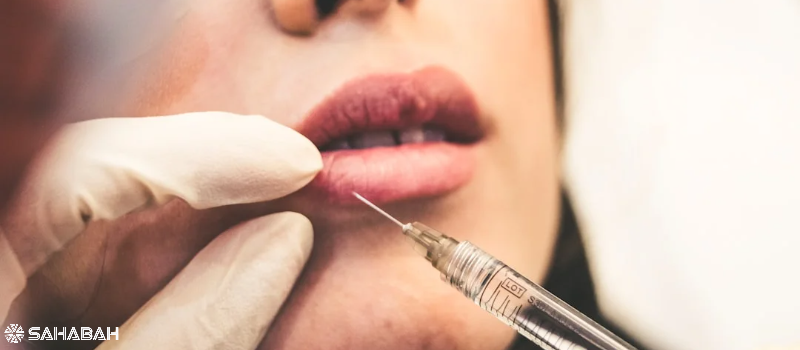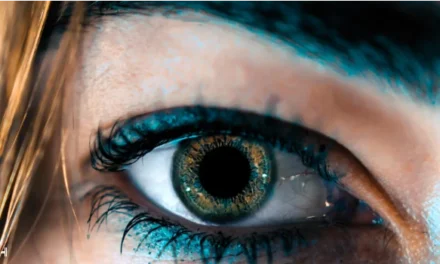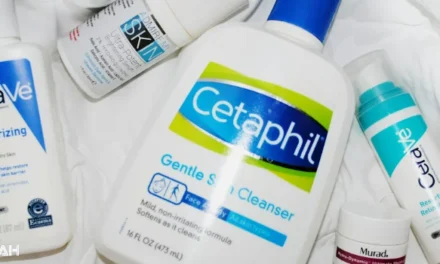Exploring the Permissibility of Botox Treatments in Islam
The use of Botox, a popular cosmetic treatment, has sparked debates within the Muslim community regarding its halal (permissible) status under Islamic law. This comprehensive guide aims to explore the various perspectives, scholarly opinions, and factors to consider when determining the permissibility of using Botox injections.

Understanding Botox and Its Uses
Botox, short for Botulinum Toxin, is a neurotoxin derived from the bacterium Clostridium botulinum. It is primarily used for two purposes:
-
Cosmetic: Botox injections are commonly used to temporarily reduce the appearance of facial wrinkles and fine lines by paralyzing the underlying muscles.
-
Medical: Botox has therapeutic applications in treating various conditions, such as chronic migraines, excessive sweating (hyperhidrosis), muscle spasms, and certain neurological disorders.
Botox works by blocking the release of acetylcholine, a neurotransmitter responsible for stimulating muscle contractions. When injected into specific muscles, it temporarily relaxes them, leading to a smoothing effect on the overlying skin.
The Concept of Halal in Islam
In Islam, the concept of halal refers to practices, substances, or actions that are permissible and in accordance with Islamic teachings. Muslims are required to adhere to halal principles in various aspects of their lives, including food, beverages, and personal care products.
The general principles guiding halal and haram (impermissible) practices in Islam are derived from the Quran and the Sunnah (teachings and practices of Prophet Muhammad peace be upon him). These principles emphasize the importance of seeking knowledge, consulting religious scholars, and considering the overall benefits and potential harm of any action.
Scholarly Opinions on the Halal Status of Botox
The permissibility of using Botox in Islam is a subject of ongoing scholarly discussions and differing opinions. Here are some perspectives:
Supportive Views and Justifications for Considering Botox Halal:
-
Medical Necessity and Harm Prevention: Some scholars argue that Botox is permissible for medical purposes, as Islamic principles emphasize the importance of seeking treatment and preventing harm to one’s health.
-
Purification Processes and Minimal Ingredients of Concern: Certain scholars believe that the purification processes involved in Botox manufacturing and the minimal presence of controversial ingredients make it acceptable for both medical and cosmetic use.
-
Analogies with Other Accepted Medical Treatments: Proponents draw parallels between Botox and other accepted medical treatments that involve injections or the use of substances derived from non-halal sources, arguing that the principles of necessity and harm prevention apply to Botox as well.
Opposing Views and Concerns Regarding Botox’s Halal Status:
-
Ingredients Derived from Non-halal Sources: Some scholars express concerns about the potential presence of ingredients derived from non-halal sources, such as animal-derived proteins or alcohol, in Botox formulations.
-
Cosmetic Use and Modifying Allah’s Creation: Critics argue that using Botox for cosmetic purposes violates the Islamic principle of accepting Allah’s creation and refraining from altering one’s appearance unnecessarily.
-
Potential Health Risks and Side Effects: Concerns have been raised about the potential health risks and side effects associated with Botox injections, which some scholars view as contradictory to Islamic teachings promoting good health and well-being.
It’s important to acknowledge the diversity of opinions among Islamic scholars and respect differing viewpoints on this matter.
Factors to Consider When Determining Halal Status
When evaluating the halal status of Botox, several factors should be taken into consideration:
-
Source and Composition of Botox Ingredients: It’s crucial to investigate the specific formulation of Botox and ensure that it does not contain any ingredients derived from non-halal sources, such as pork-based products or alcohol.
-
Medical Necessity vs. Cosmetic Use: The purpose of using Botox, whether for medical treatment or cosmetic enhancement, can influence its permissibility. Medical necessity is generally viewed more favorably than cosmetic use.
-
Intention and Moderation in Treatment: The intention behind using Botox and the extent to which it is used in moderation can also play a role in determining its halal status.
-
Consulting Qualified Islamic Scholars: Due to the complexities and differing opinions surrounding this issue, it is highly recommended to seek guidance from qualified Islamic scholars who are well-versed in the relevant rulings and can provide personalized advice based on individual circumstances.
Botox for Medical Purposes
When it comes to using Botox for medical purposes, such as treating chronic migraines, muscle spasms, or excessive sweating, many scholars are more inclined to consider it permissible. This view is based on the Islamic principles of seeking treatment, alleviating suffering, and preventing harm to one’s health.
However, it is still essential to consult with qualified medical professionals to understand the potential risks and benefits of the treatment, as well as to ensure that the specific Botox formulation does not contain any impermissible ingredients.
Botox for Cosmetic Purposes
The use of Botox for cosmetic purposes, such as reducing wrinkles or fine lines, is a more contentious issue within Islamic discourse. Some scholars argue that it is impermissible, as it involves altering one’s appearance unnecessarily and potentially violates the concept of accepting Allah’s creation.
Others, however, argue that as long as the intention is not driven by arrogance or excessive vanity, and the treatment is used in moderation, cosmetic use of Botox may be permissible, especially if it is done for legitimate reasons, such as boosting self-confidence or improving one’s overall well-being.
In this context, it is essential to consider the concept of moderation and intention, as well as explore alternative, halal cosmetic options that align with Islamic teachings.
Conclusion
Ultimately, the decision to use Botox or any other cosmetic or medical treatment should be made after careful consideration, thorough research, and consultation with qualified Islamic scholars and medical professionals.
It is crucial to seek knowledge from reliable sources, understand the potential risks and benefits, and ensure that the treatment is not only halal but also in accordance with one’s personal beliefs and values. Respecting individual choices and avoiding judgment are also important principles to uphold.
In conclusion, the Islamic perspective on the permissibility of Botox is a complex issue with various factors to consider. By approaching this topic with wisdom, compassion, and a commitment to seeking knowledge, Muslims can make informed decisions that align with their faith and overall well-being.
Frequently Asked Questions: Is Botox Halal?
The use of Botox or dermal fillers for cosmetic purposes is a controversial topic in Islam. While some scholars may deem it permissible, others may forbid it due to concerns about altering the creation of Allah.
What is the stance of Islamic scholars on Botox and fillers?
The opinions of Islamic scholars vary on the permissibility of Botox and fillers. Some consider it acceptable if it is not harmful, while others may consider it impermissible due to the possibility of altering one’s appearance in a way that goes against Islamic teachings.
Can Botox or fillers invalidate one’s fast during Ramadan?
According to some scholars, injections such as Botox or fillers that do not provide nourishment or break the fast may not invalidate one’s fast. However, it is recommended to seek guidance from a knowledgeable scholar to ensure proper observance of religious duties.
Is getting cosmetic procedures like Botox considered sinful in Islam?
The issue of cosmetic procedures such as Botox is not explicitly mentioned in religious texts. Some scholars may view it as sinful if it involves altering the creation of Allah without a valid reason, while others may permit it under certain circumstances.
What are the considerations when deciding whether to get Botox or fillers from an Islamic perspective?
When considering Botox or fillers, it is important to consult with a knowledgeable scholar who can provide guidance based on Islamic principles. Factors such as intention, necessity, and potential harm should be taken into account before undergoing such procedures.
How does the use of Botox or fillers relate to the concept of purity in Islam?
In Islam, the concept of purity extends beyond physical cleanliness to include spiritual purity. Some may argue that altering one’s appearance through cosmetic procedures like Botox can impact one’s spiritual well-being and sense of self-acceptance.
Are there any references in Islamic texts that mention the permissibility or prohibition of Botox?
Islamic texts do not specifically address the issue of Botox or fillers as they are modern medical developments. Scholars may derive rulings based on broader principles of Islamic jurisprudence and ethics.





